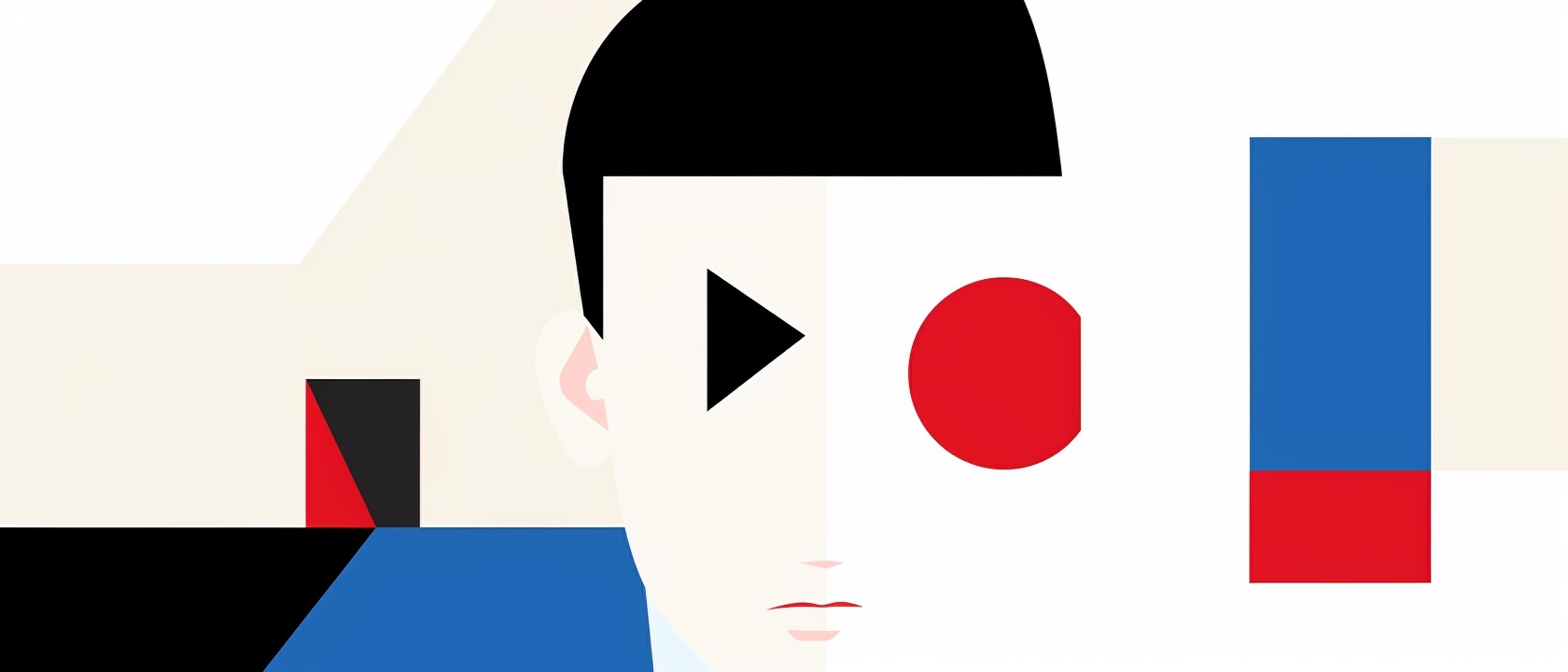The SELFIE Randomized Clinical Trial, conducted from December 2018 to December 2022, focused on improving self-esteem in youth aged 12-26 years who have low self-esteem and a history of childhood adversity.
The intervention was a novel blended Ecological Momentary Intervention (EMI), consisting of
- three face-to-face sessions,
- email contacts,
- and an app-based, adaptive EMI,
- combined with care as usual (CAU).
The study included 174 participants, primarily exposed to emotional abuse or neglect, bullying, and parental conflict.
The results indicated that the blended EMI plus CAU was more effective in improving self-esteem than CAU alone. This was evident both immediately after the intervention and at a 6-month follow-up.
The intervention showed small to moderate beneficial effects on various parameters including positive and negative self-esteem, schematic self-beliefs, momentary self-esteem and affect, general psychopathology, and quality of life. However, no significant improvements were observed in symptoms and functioning.
These findings suggest that this transdiagnostic, blended EMI could be an effective strategy for addressing low self-esteem in youth with a background of childhood adversity, and further work is recommended to implement this EMI in routine public mental health provision.
Reininghaus, Ulrich, Maud Daemen, Mary Rose Postma, Anita Schick, Iris Hoes-van der Meulen, Nele Volbragt, Dorien Nieman et al. “Transdiagnostic Ecological Momentary Intervention for Improving Self-Esteem in Youth Exposed to Childhood Adversity: The SELFIE Randomized Clinical Trial.” JAMA psychiatry (2023).
